In a long-running dispute over Boeing aircraft subsidies, the EU has proposed tariffs on $20bn (£15bn) of US products.
The proposal arrives after the WTO said earlier this month that the US had lost to remove some Boeing subsidies.
Thus the EU move comes after the US said it was considering tariffs on about $11bn (£8.4bn) worth of EU goods in response to Airbus subsidies.
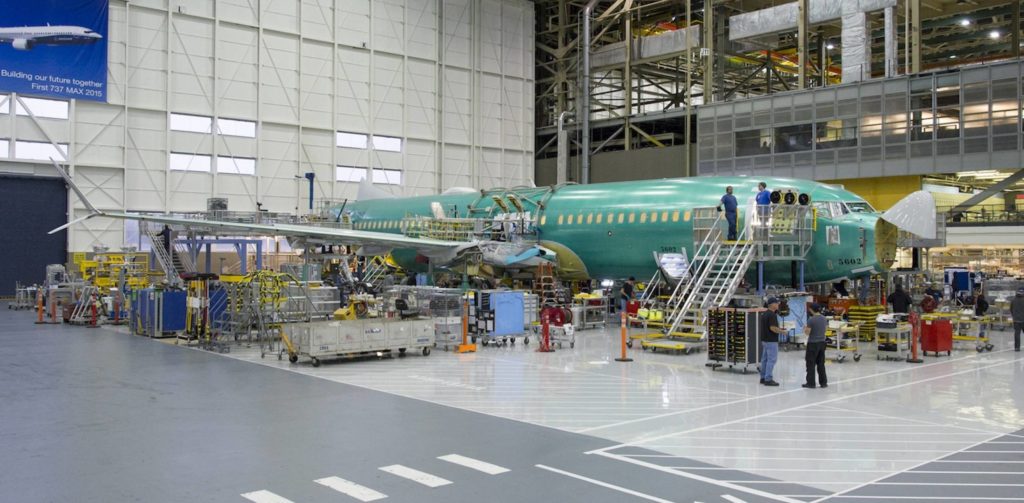
Eventually, it comes after the EU approved plans in April for trade talks with the designed to reduce trade barriers.
Cecilia Malmström [EU Trade Commissioner] said:
European companies must be able to compete on fair and equal terms. However, the recent WTO ruling on US subsidies for Boeing is important in this respect. Fir which we must maintain to secure a level playing field for our industry.
The proposed tariffs embrace a range of products from aircraft to chemicals and food products including frozen fish, citrus fruit, and ketchup.
Moreover, the EU’s threat to impose new tariffs on US goods doesn’t exactly lighten the mood in a situation where global trade tensions have already intensified.
Recommended News:
- Chrysaor Acquires ConocoPhillips UK North Sea assets for £2bn
- Debenhams boss Sergio Bucher is presumed to step down his chair
- IMF’s Lagarde: UK growth jeopardy if Brexit inches further
Yet this proposal, corresponding US plan for action against the EU over subsidies to Airbus, is consistent with the established rules of the World Trade Organization.
Where both the parties have published lists of products for discussion and both say they will wait for a WTO arbitrator to tell them how much action they should take further.
Eventually, it shows a significant difference from the dispute between China and the US. Following American’s action over steel and aluminum, where it can be treated that countries have gone beyond what the WTO rules permit.
These actions led to genuine interests that the rules-based system for managing global trade may be facing serious threats. Still, the proposed vengeance on aviation does not.
Dynamic faceoff
The US and the EU have been battling for almost 15 years at the World Trade Organization over subsidies given to US planemaker Boeing and its European rival Airbus.
Following partial victories for both sides, each of them is asking a WTO arbitrator to determine the level of countermeasures they can impose on the other.
The Trump administration:
In the last week, they proposed targeting a seven-page list of EU products for tariffs, ranging from large aircraft to dairy products and wine, to counteract the harm from EU subsidies for Airbus that are worth an estimated $11bn.
To which the EU has responded with its own 11pages lists of US imports, including agricultural produce and dried fruit, to planes, tobacco, handbags, suitcases, tractors, helicopters, and video game consoles.
While the published list will now be open to consultation until 31 May and could then be revised.
Ms. Malmström
The EU continues open for discussions with the US, provided these come without preconditions and aim at a fair result
Trade Discussion:
WTO arbitrators have yet to set an outlay, in both cases. But the US case against Airbus is more advanced, with a ruling reasonable in June or July. The EU case against Boeing could come early in 2020.
Both sides have agreed to go for a settlement that did not lead to tariffs being imposed.
Following which, the EU had said it is ready to start formal trade talks with the US.
Now, the Commission is set to start two sets of agreements. Of which one to cut tariffs on industrial goods, the other to make it easier for companies to show products meet EU or US standards.
However, the EU has insisted that agriculture will not be combined. The reasons it gave are its odds with the US, which wants farm products to be part of the discussions.

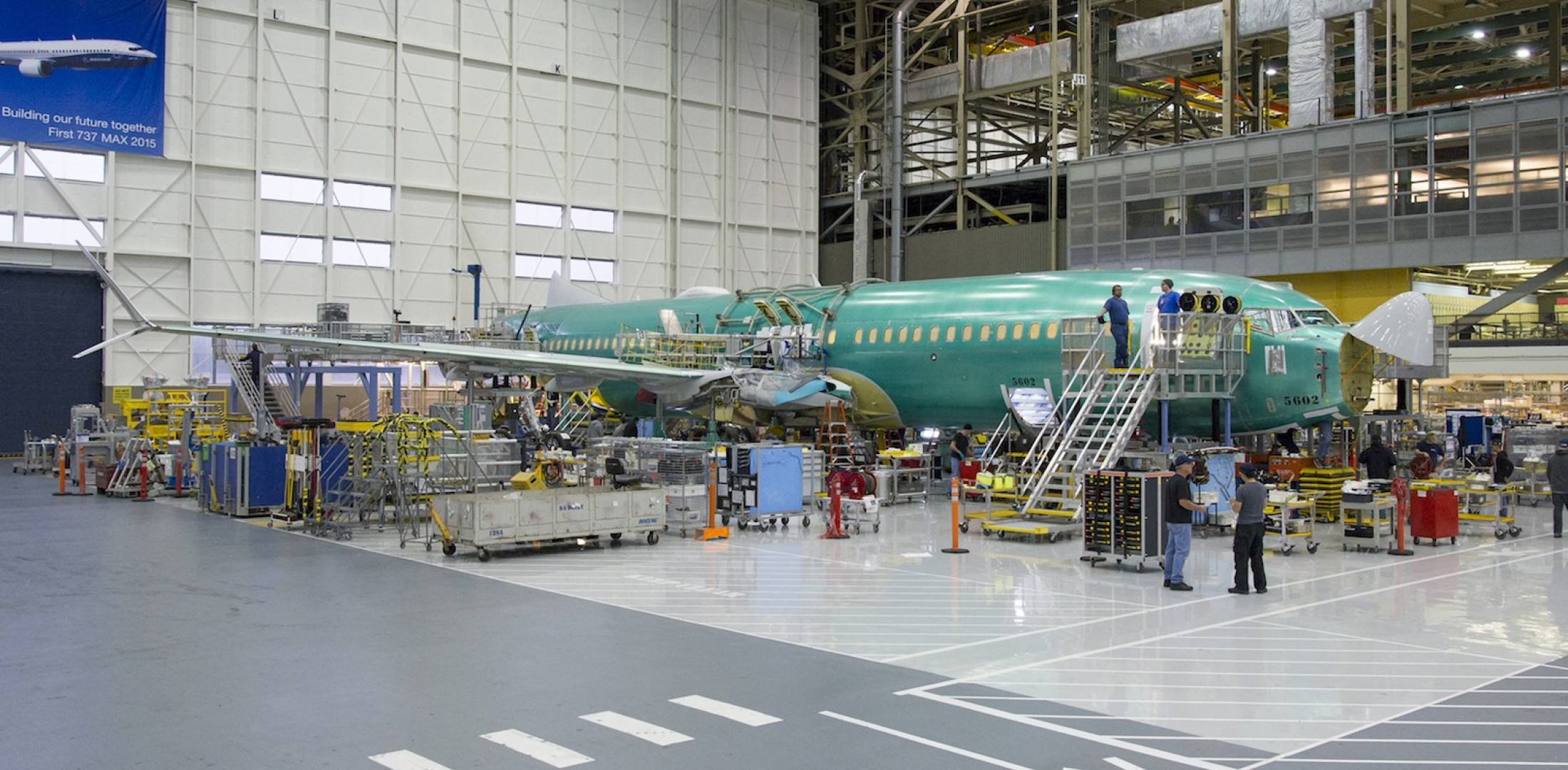
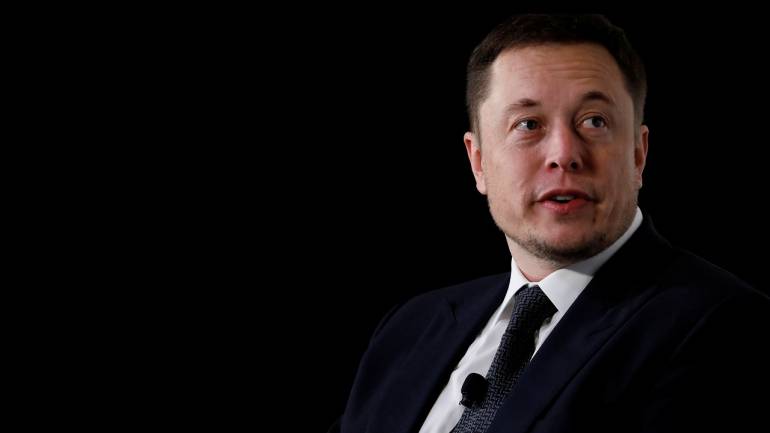
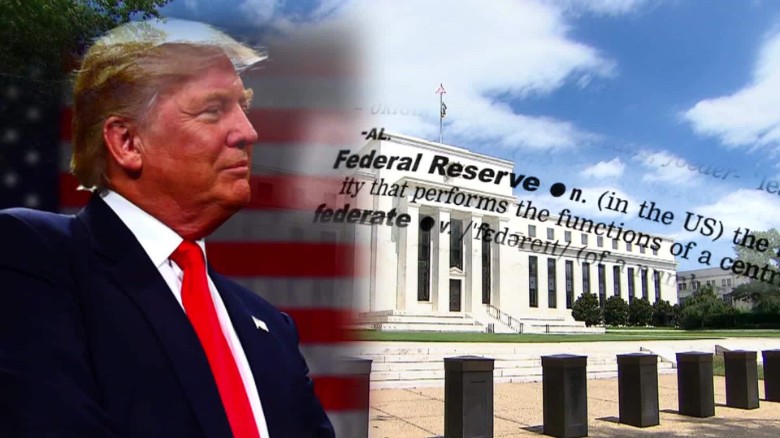
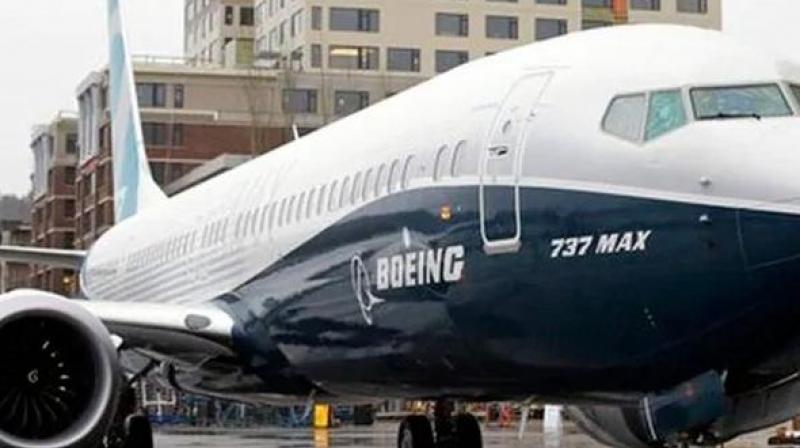
Leave a Reply